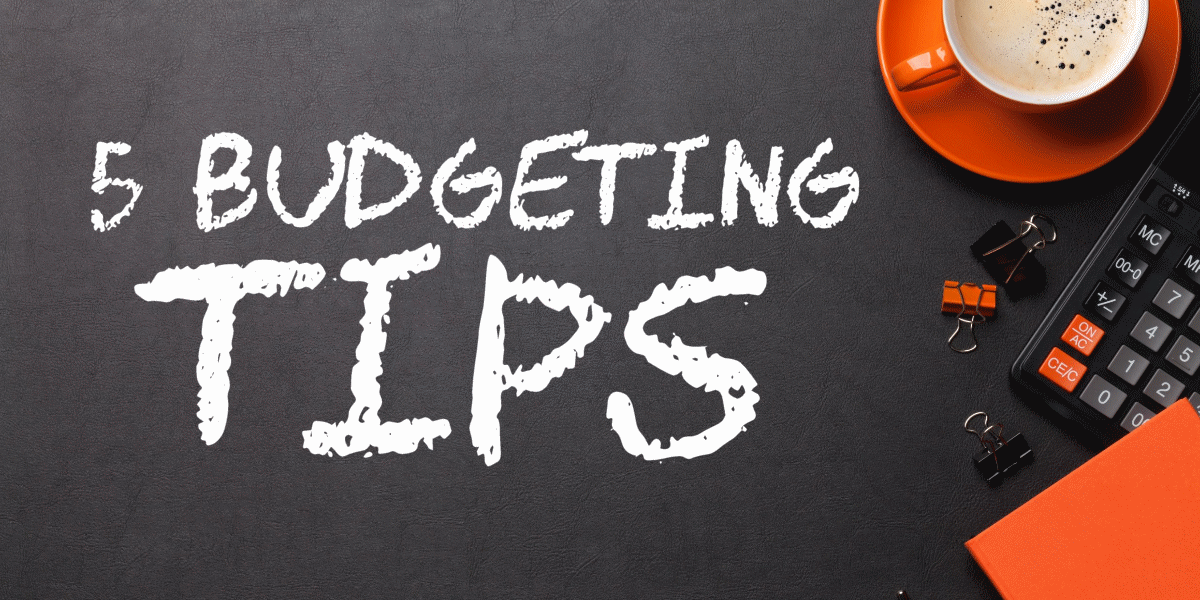Time generally creeps up on us, unless you’re living on a tight budget or overspent early in the month, in which case the crawl towards payday can feel like a drag.
As a society we often joke about waiting for the next payday etc, and if you’re online you’ll see endless memes about paydays and an empty bank balance.
Debt is no joke, and for many the quibs and off the cuff comments can mask the endless exhausting battle of trying to make ends meet whilst paying escalating bills to feed, clothe and house your family.
A recent survey by statistica sited cost of food, energy costs, and transport costs as the three areas people struggle to pay for as payday approaches.
With the rising cost of living costs its unlikely that this will go away any time soon, however there are some tangible things you can do to help set a realistic budget with a degree of flexibility.
Know your total income
It sounds obvious but starting out with your combined income for the household (looking at all benefits, wages and contributions) sets out how much you have to spend in the first instance.
Plot your fixed costs
The costs you can’t avoid paying, mortgage/rent, utilities, car payments, mobiles etc the costs which remain the same month after month
Plot your variable costs
This is the bit that usually causes trouble, the costs which you need to pay out each month but vary in amount. They’re also probably the things you think you shouldn’t be spending money on but the reality is you will. We all buy a coffee or lunch now and again, the problem becomes when it’s every day and before you know it you have a £30 a month Starbucks habit!
Planning the month
Once you’ve thought about all the key events you have coming up this month, you’ll be able to allocate budget against each of them, for example if there are any birthday meals, you’ll know you need to factor in a present. If you have little ones Halloween costumes and associated events will creep in at the end of the month, and not forgetting half term too
Shopping around
Now you know your monthly plan, your income and expenditure, you’ve got time to shop around and make sure you’re getting the best deals on the things you need to buy. Panic buying always results in paying over the odds so spending some quality time researching and planning can help you save money in some areas.
If, once you’ve done your budget you’ve got more going out than you have coming in then it’s likely you’re going to finish the month in a negative. This is where debt problems can start to mount up. More gets paid on credit cards, or delayed payment, these debts get carried over to the next month meaning you start that month with more debts than the previous, yet your income remains stable. And so this cycle continues.
At IVAorg we work with people who’s debt has become unmanageable and they have often exhausted other options. If you’re worried about your debt the best advice we can give is to speak to someone who can help. You can give us a call anytime on 0800 856 8569, one of our team will be waiting to speak to you.




